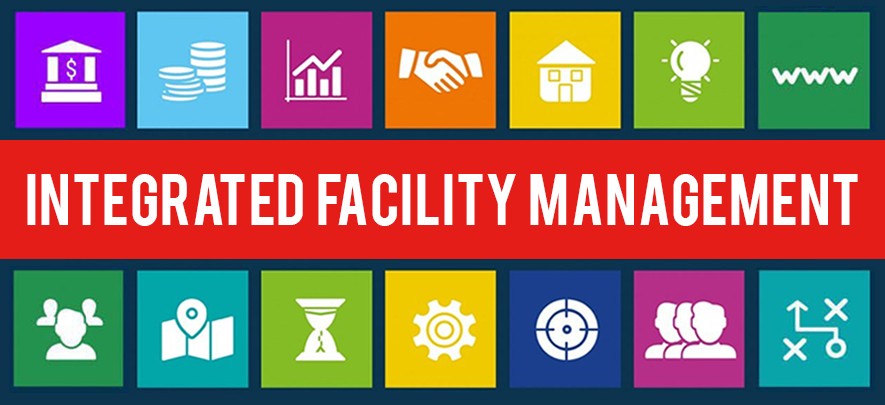



Integrated Facilities Management (IFM) is a strategic approach to managing all facility-related services under a single, unified system. Instead of using multiple vendors for different tasks like maintenance, security, and cleaning, IFM consolidates these services under one provider to enhance efficiency, reduce costs, and improve service quality.
✔ Centralized Management – One provider handles all facility-related operations.
✔ Cost Efficiency – Reduces overhead costs by streamlining services.
✔ Improved Service Quality – Standardized processes ensure better facility upkeep.
✔ Data-Driven Decision Making – Uses technology to monitor and optimize performance.
✔ Sustainability & Compliance – Ensures regulatory compliance and eco-friendly operations.
✅ Reduced Costs & Increased Efficiency – Eliminates redundancies by consolidating services.
✅ Enhanced Workplace Productivity – Ensures a well-maintained and safe environment for employees.
✅ Seamless Operations – Centralized management leads to fewer disruptions.
✅ Better Vendor & Contract Management – Single-point accountability simplifies operations.
✅ Scalability & Flexibility – Easily adapts to business growth or downsizing.
1️⃣ Assess Facility Needs – Identify existing pain points and service gaps.
2️⃣ Choose the Right IFM Provider – Select a provider with a strong track record in managing multi-service contracts.
3️⃣ Leverage Technology – Use IoT, AI, and data analytics to improve facility performance.
4️⃣ Monitor & Optimize Performance – Conduct regular audits and make data-driven improvements.
5️⃣ Ensure Compliance & Sustainability – Align with industry regulations and sustainability goals.
Several companies specialize in Integrated Facilities Management, offering global and local solutions. Some of the top IFM providers include: